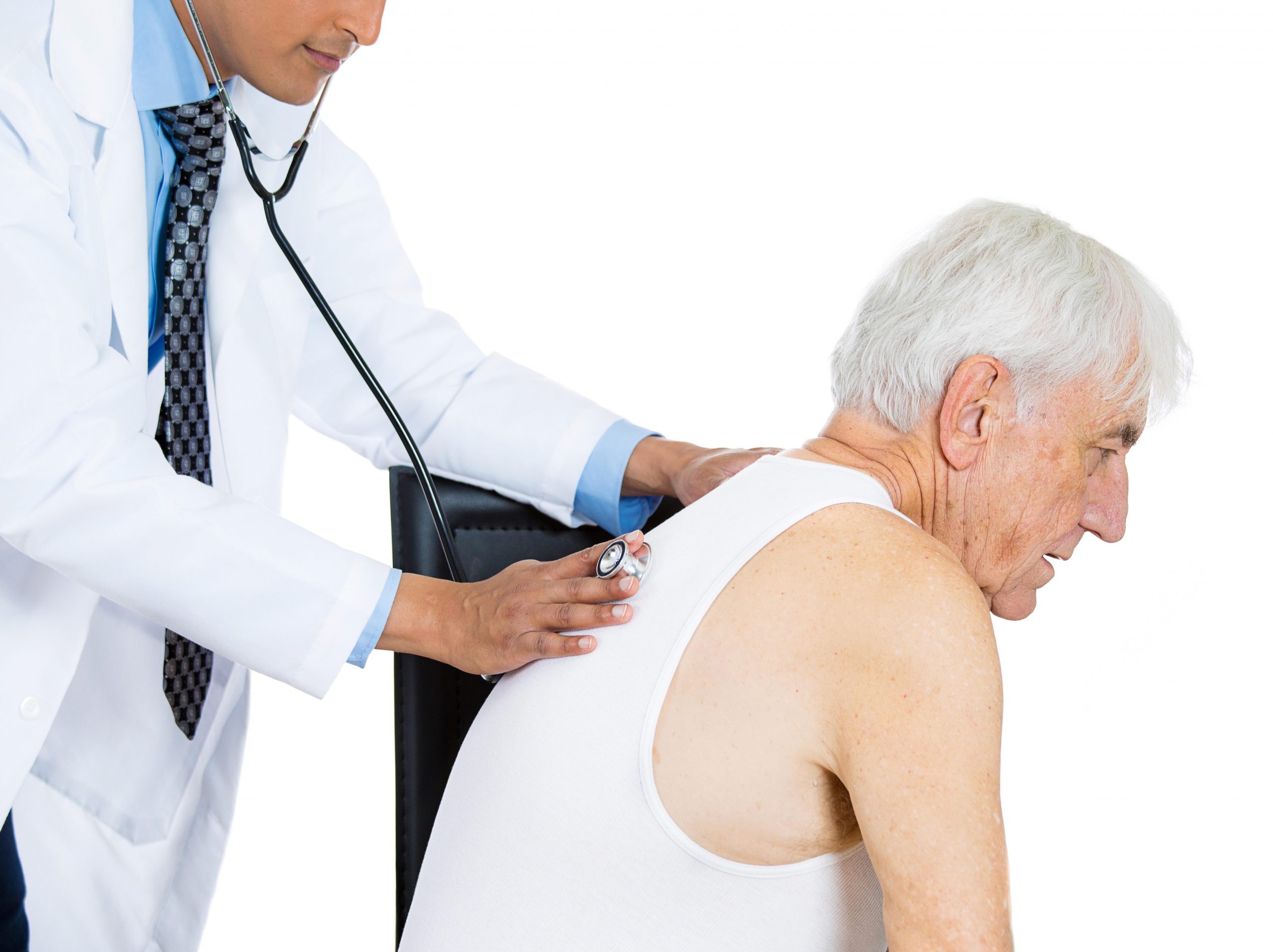
COVID rebound, which struck both President Joe Biden and White House Chief Medical Advisor Dr. Anthony Fauci recently, doesn’t just happen in those who take Paxlovid, a new study finds. Rebound symptoms were spotted in 27% of COVID-19 patients who hadn’t taken the antiviral pill, with about 12% testing positive again, researchers report. “It happens… read on > read on >






























